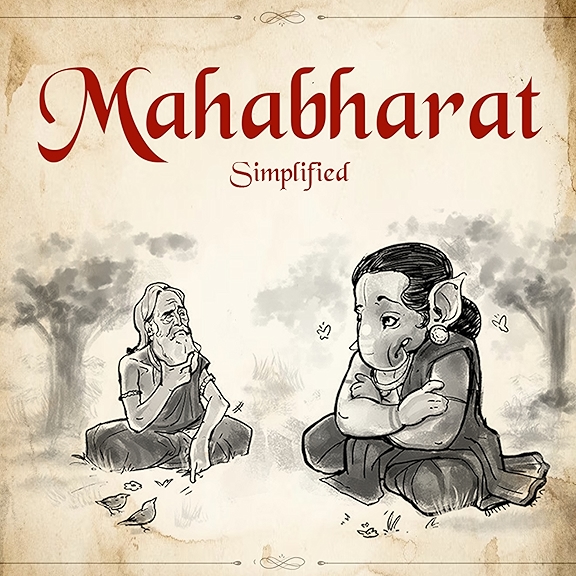26-08-2024
Mahabharat Ep. 48 : The Return of the Pandavas: Victory and Revelation
Narrated by Kumar Varun.
King Virata returned home to find his son, Uttara, had gone to fight the Kauravas. Worried, he sent a rescue force. Dharmaputra, disguised as Kanka, assured Virata of Uttara's safety.
Courtiers soon brought news of Uttara's victory, leading to celebrations. During a dice game, Virata injured Kanka, who was actually Yudhishthira in disguise. Sairandhri collected the blood to avoid bad luck.
Uttara revealed that a godlike prince, not he, secured the victory. The Pandavas then revealed their true identities, and Virata offered his daughter to Arjuna, who suggested she marry his son Abhimanyu. Duryodhana's envoys claimed the Pandavas must return to the forest, but Yudhishthira dismissed their claim, stating the thirteen years had passed.
Source, References and Suggested further reading :
1. Ganguli, Kisari Mohan. The Mahabharata of Krishna-Dwaipayana Vyasa (1883-1896). Project Gutenberg, 2003. This translation offers a comprehensive account of the Mahabharata, including the events leading up to and during the Virata Parva, where the Pandavas are in incognito.
2. Menon, Ramesh. The Mahabharata: A Modern Rendering (2004). New York: iUniverse, Inc. Menon's modern retelling of the Mahabharata provides detailed narratives of key events and character interactions, emphasizing the psychological and emotional undertones of the story.
3. Narayan, R.K. The Mahabharata: A Shortened Modern Prose Version of the Indian Epic (1978). Chicago: University of Chicago Press. This abridged version captures the essence of the Mahabharata, focusing on the significant events and characters, including the episode of Uttara's battle.
4. Bhattacharya, Pratip. Vyasa's Mahabharata (2010). New Delhi: Orient Blackswan. Bhattacharya’s analysis of the Mahabharata offers a critical perspective on the epic’s themes, characters, and narrative structure, including the incognito period of the Pandavas.
5. Dutt, Romesh C. The Mahabharata: Condensed into English Verse (1899). J.M. Dent & Co. Dutt's poetic rendition condenses the epic's events, making it accessible while retaining the dramatic and thematic depth of the original.
6. Van Buitenen, J.A.B., trans. The Mahabharata, Volume 3: The Book of Virata and The Book of Effort (1978). University of Chicago Press. This translation covers the Virata Parva and the events surrounding the Pandavas' incognito period, offering detailed scholarly commentary.


















